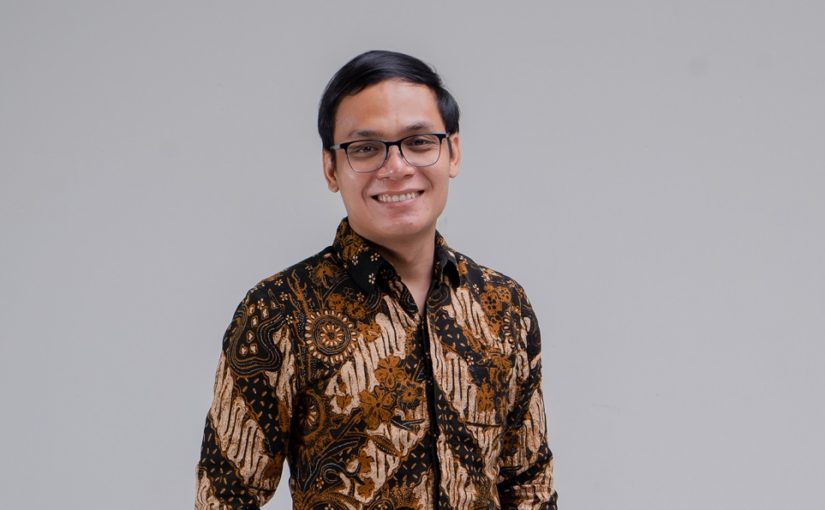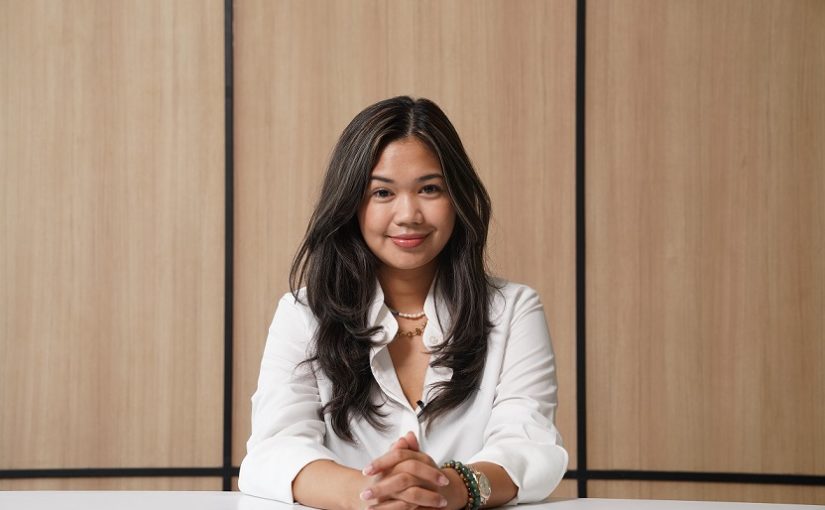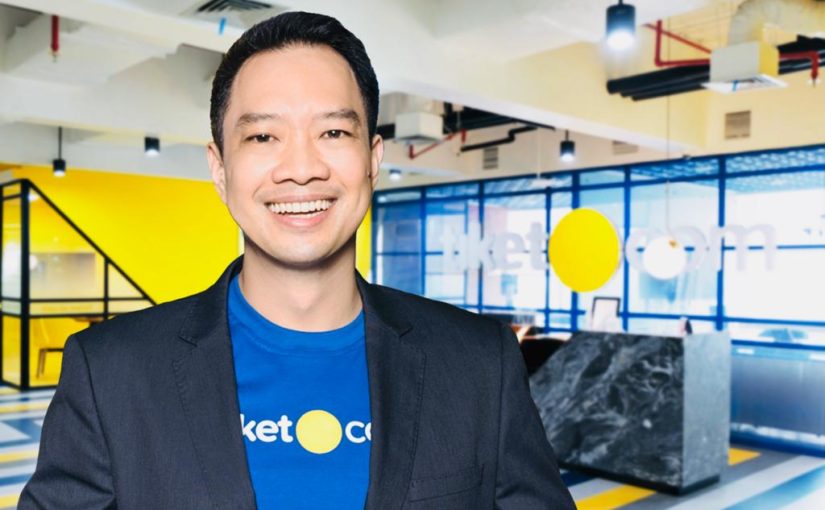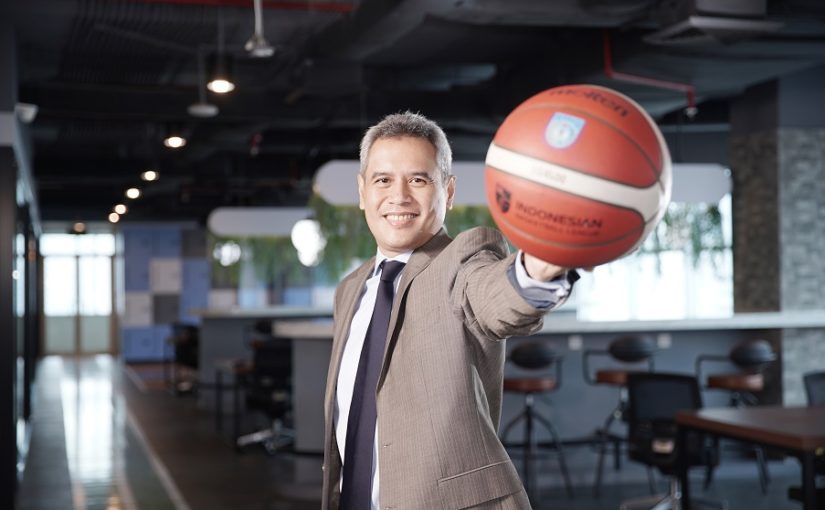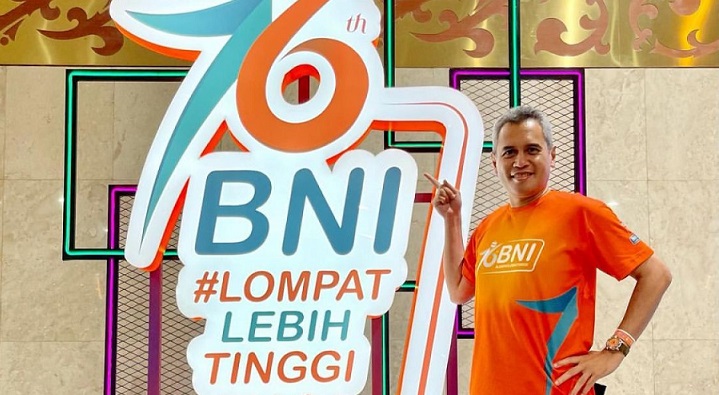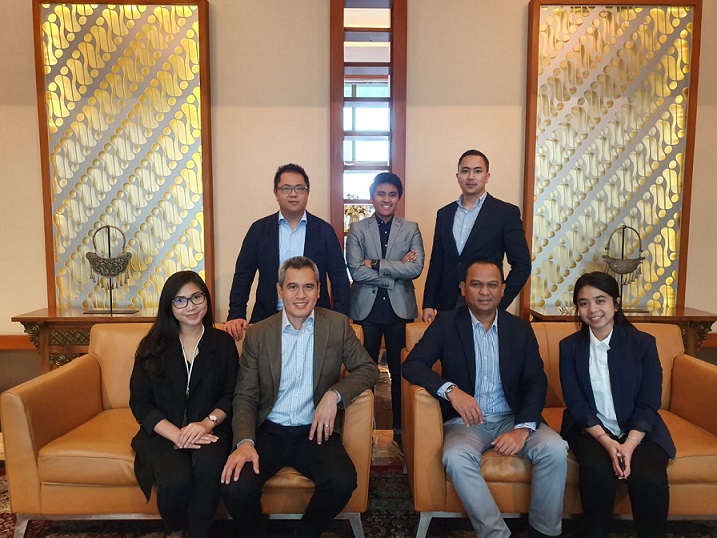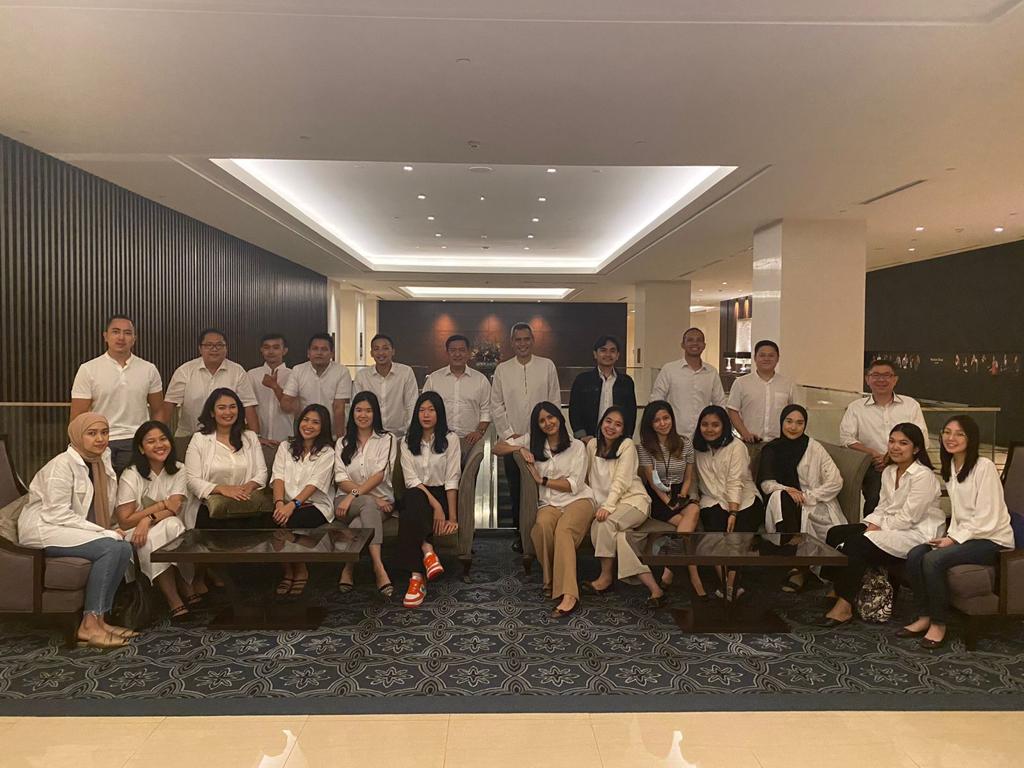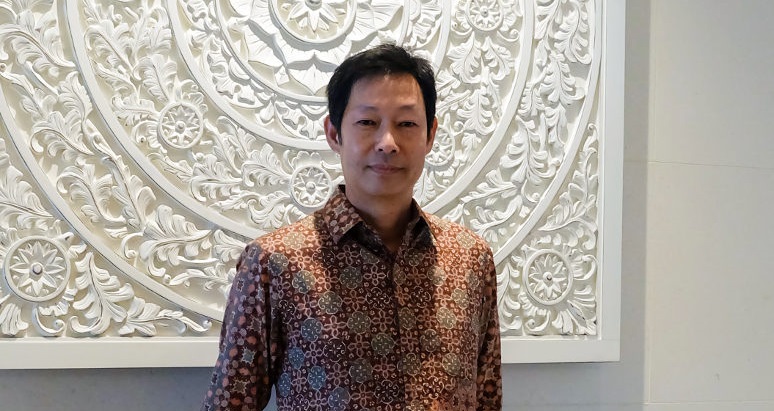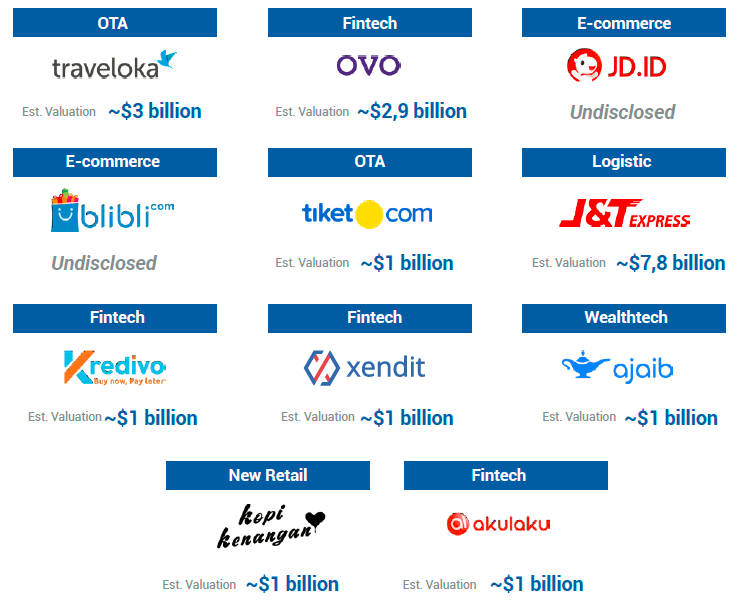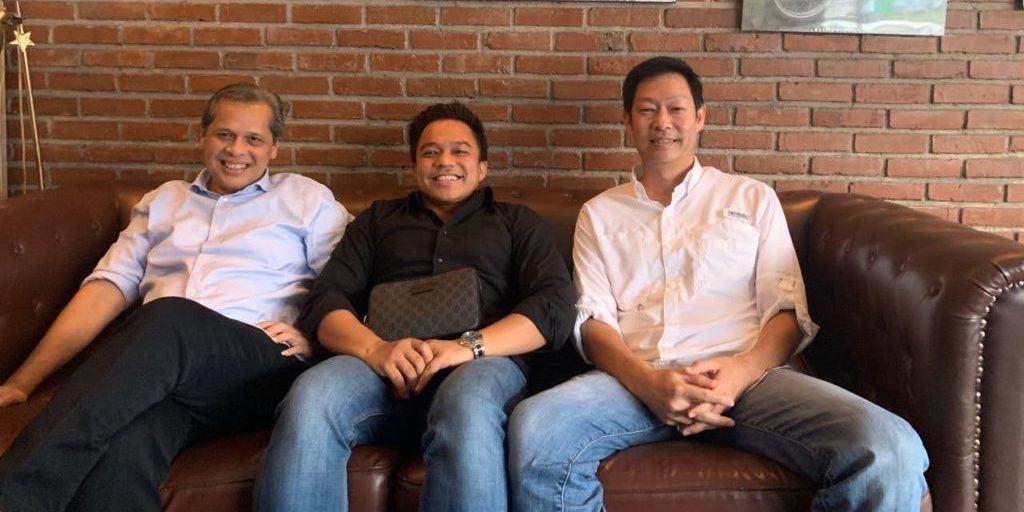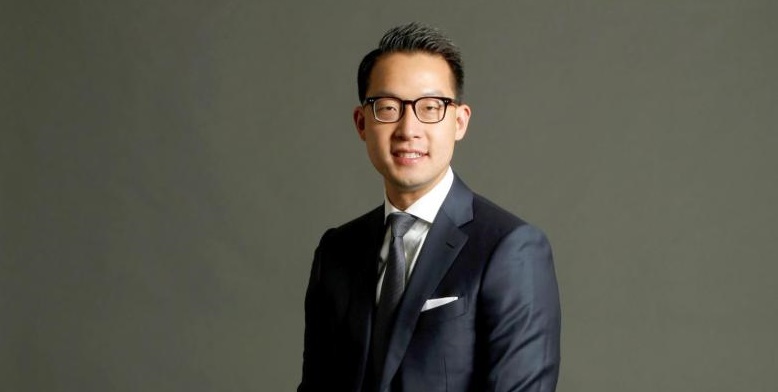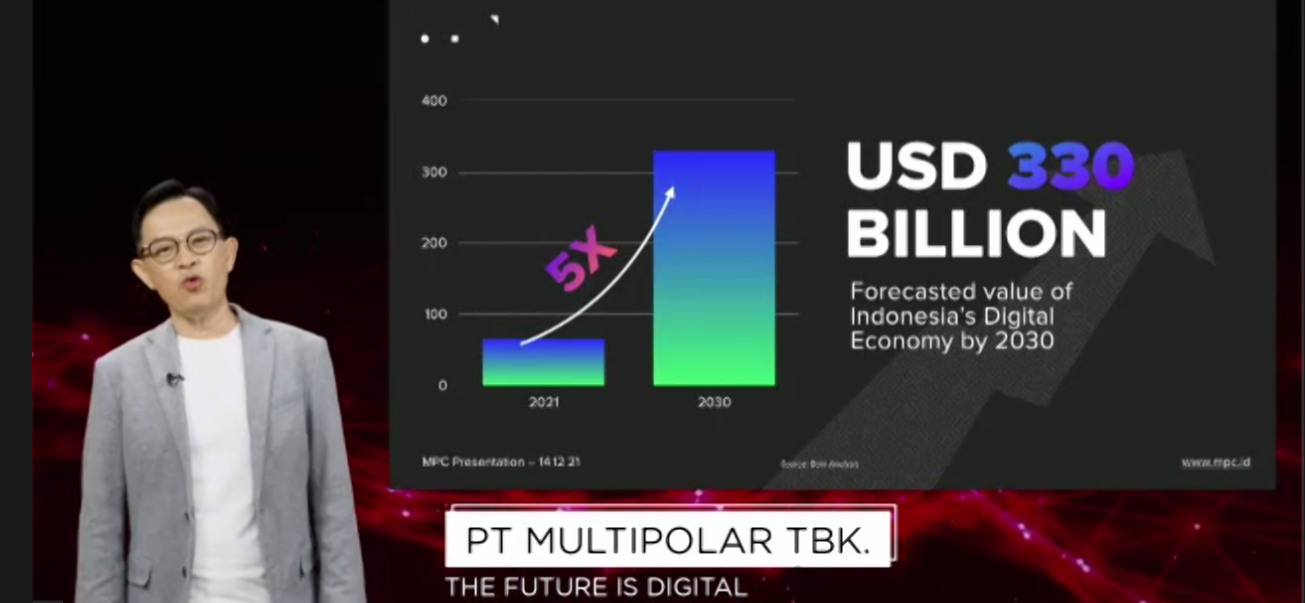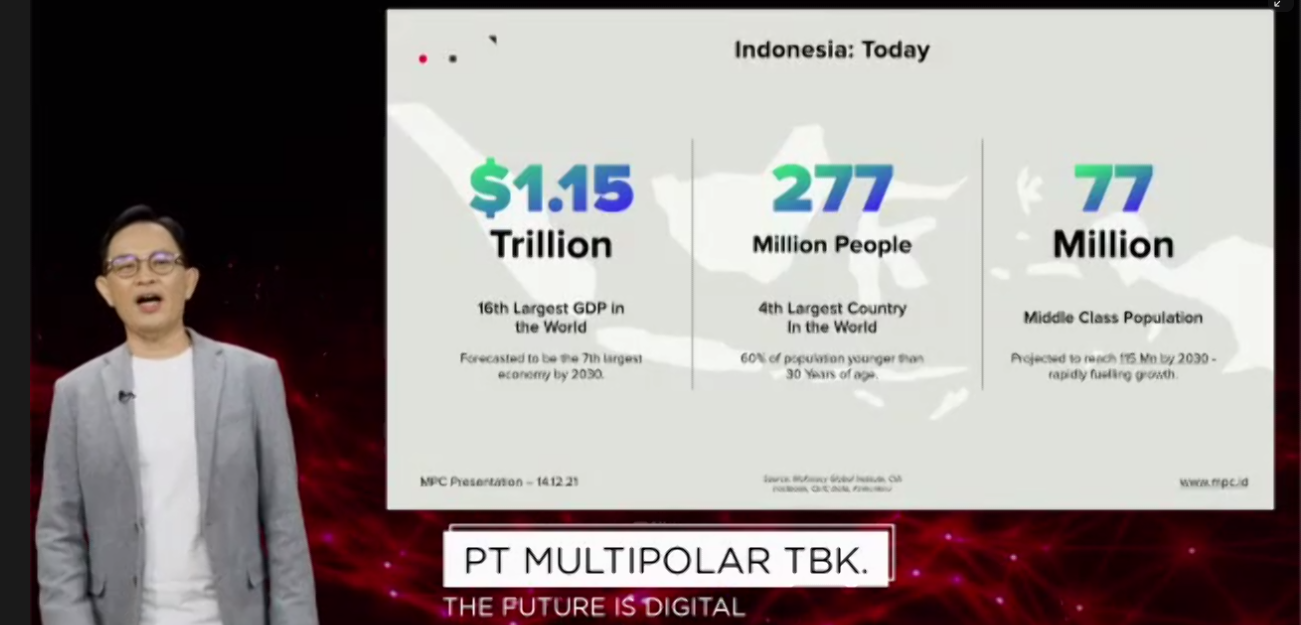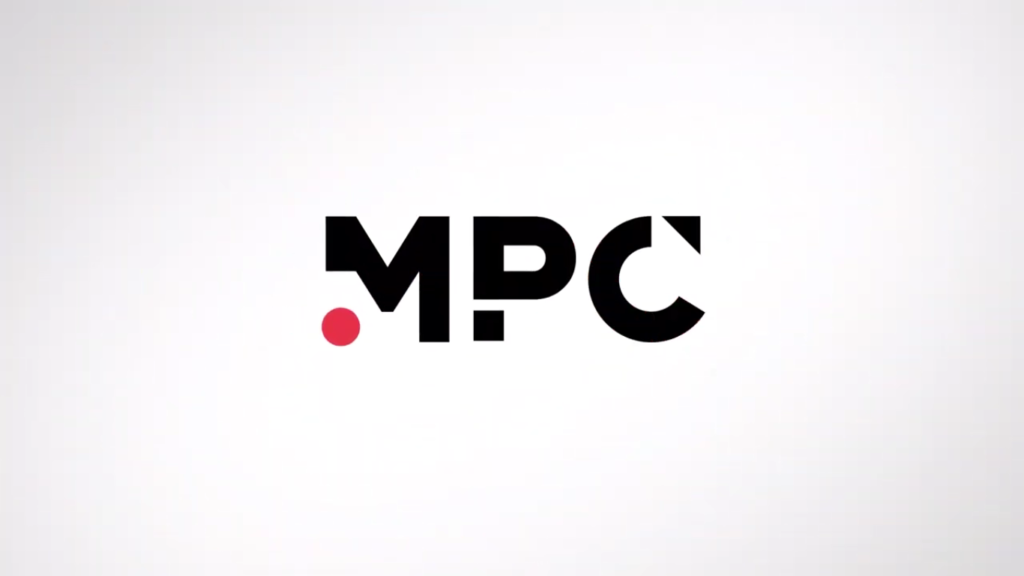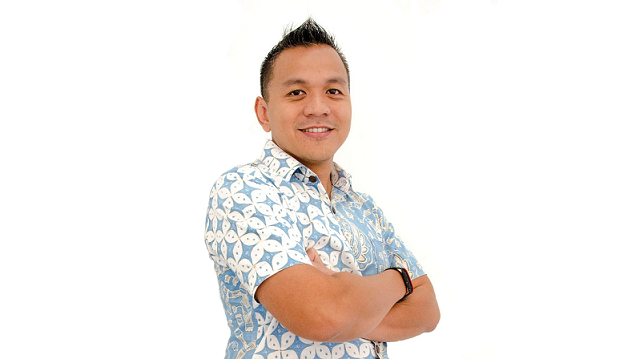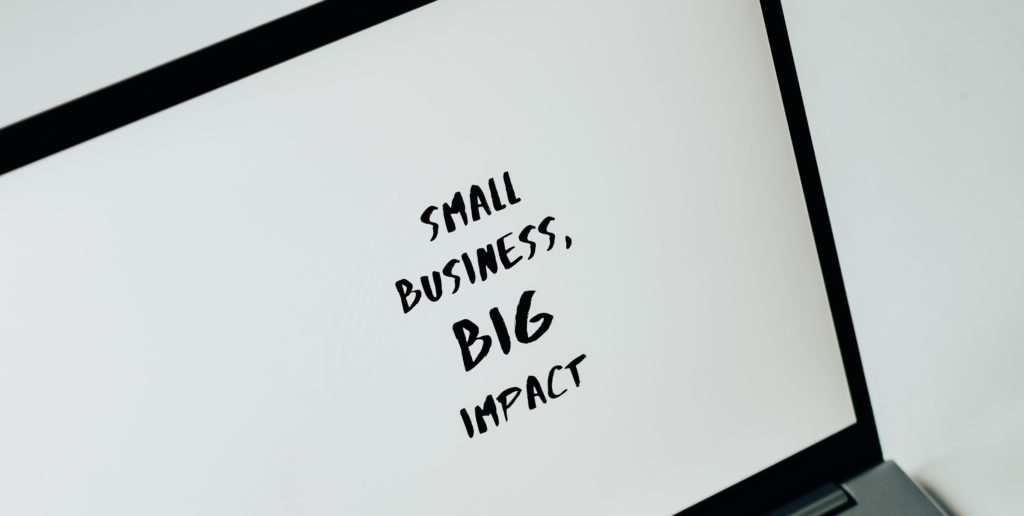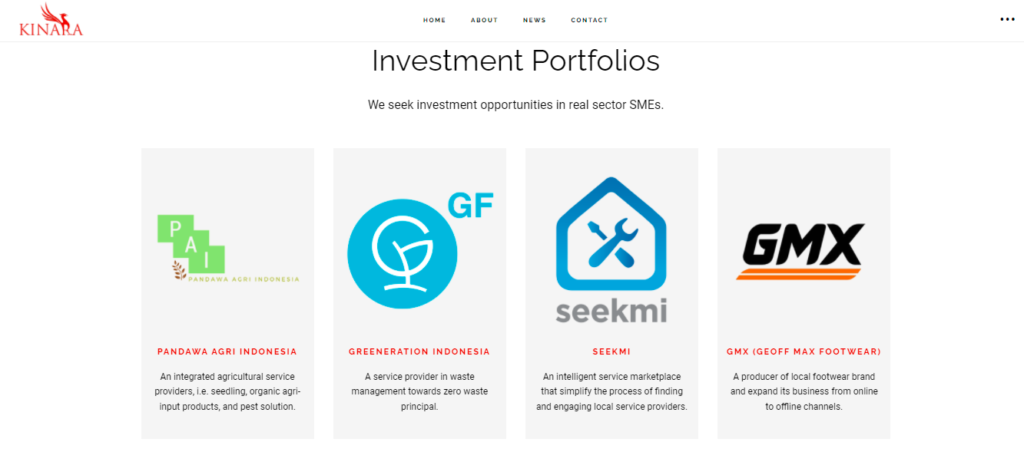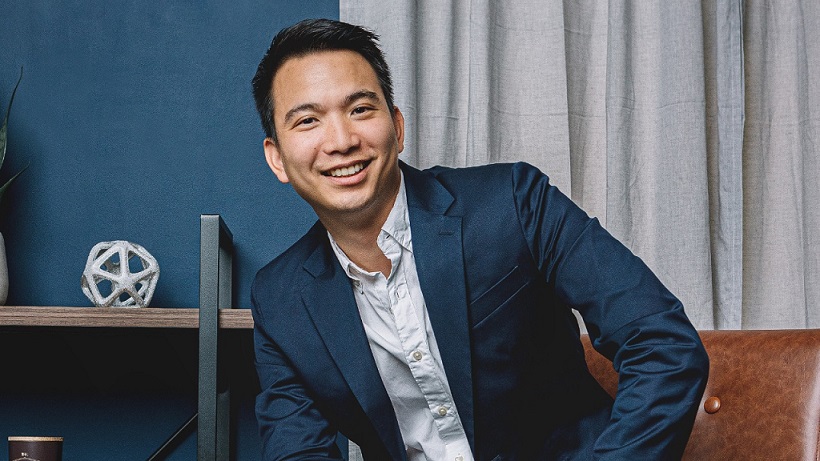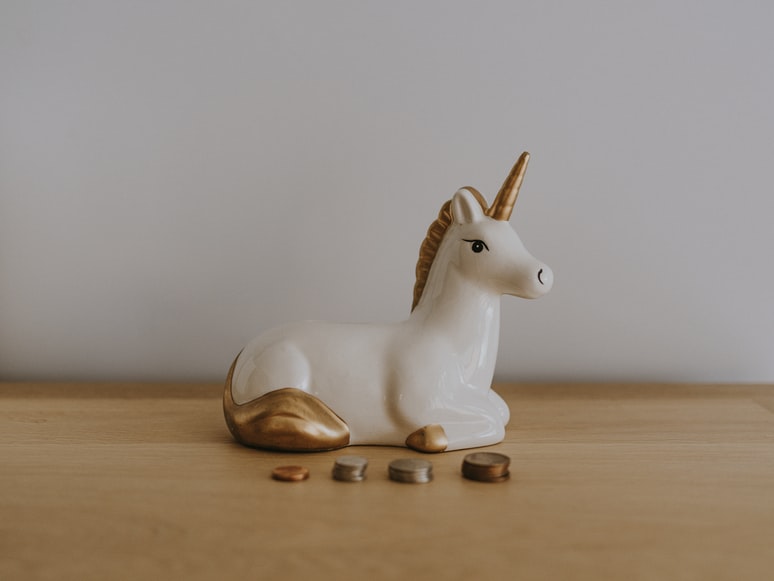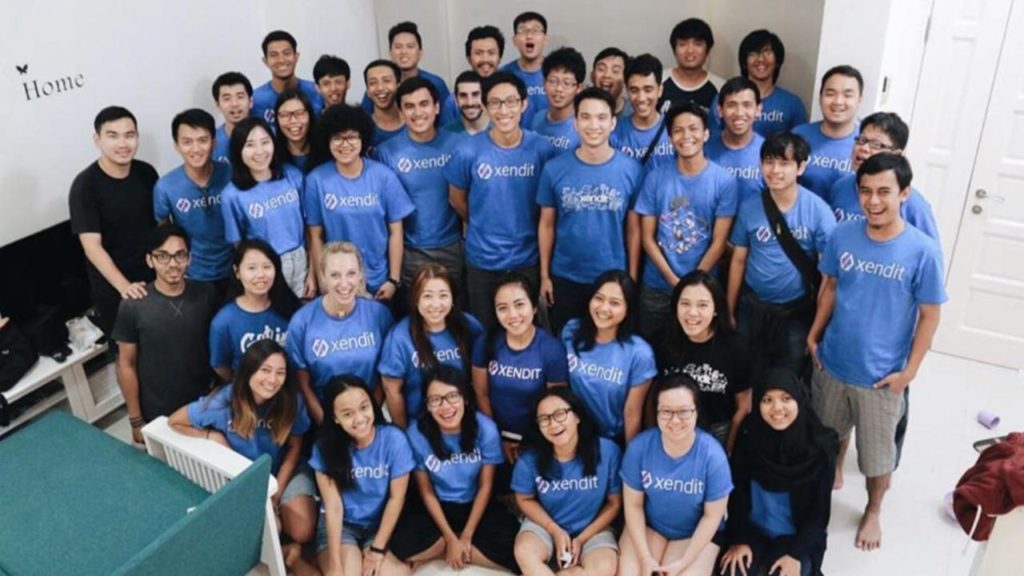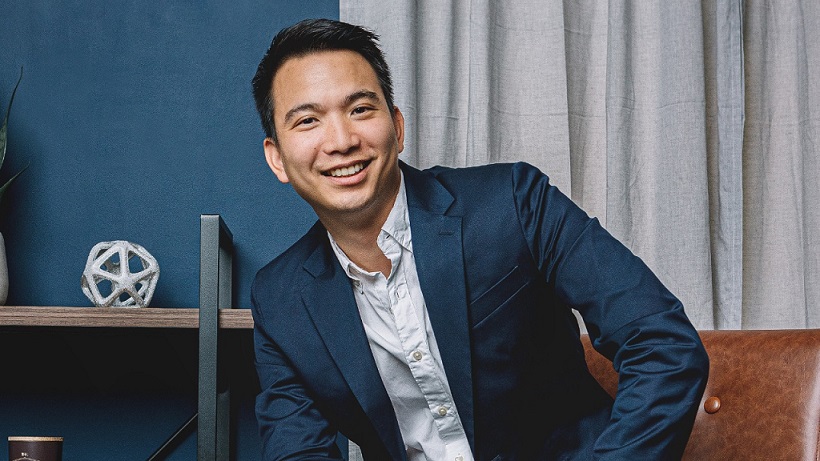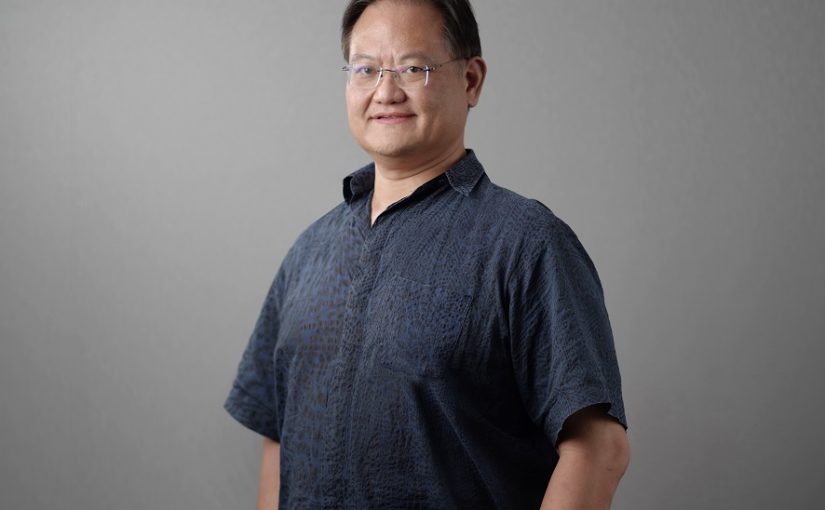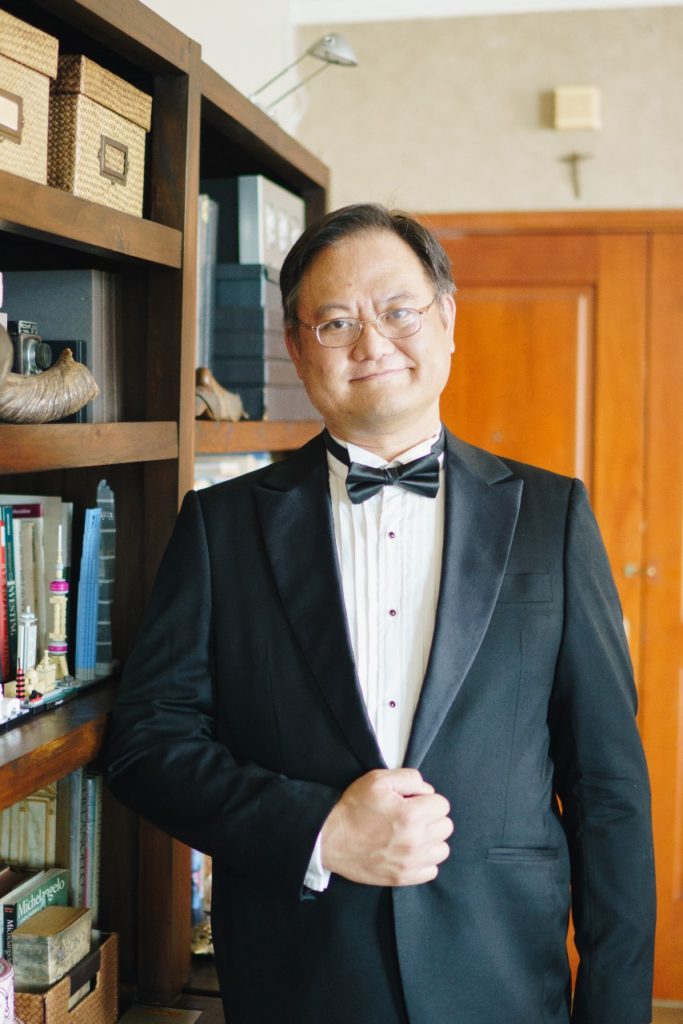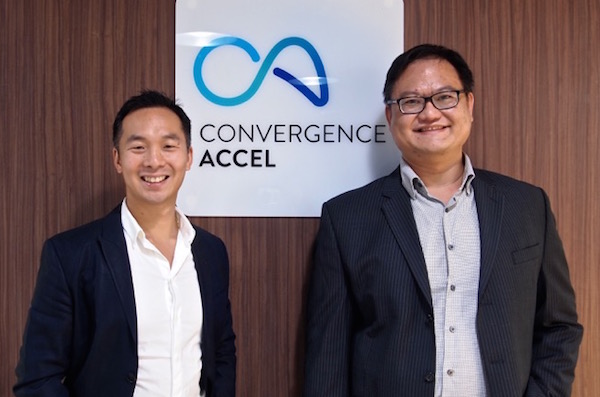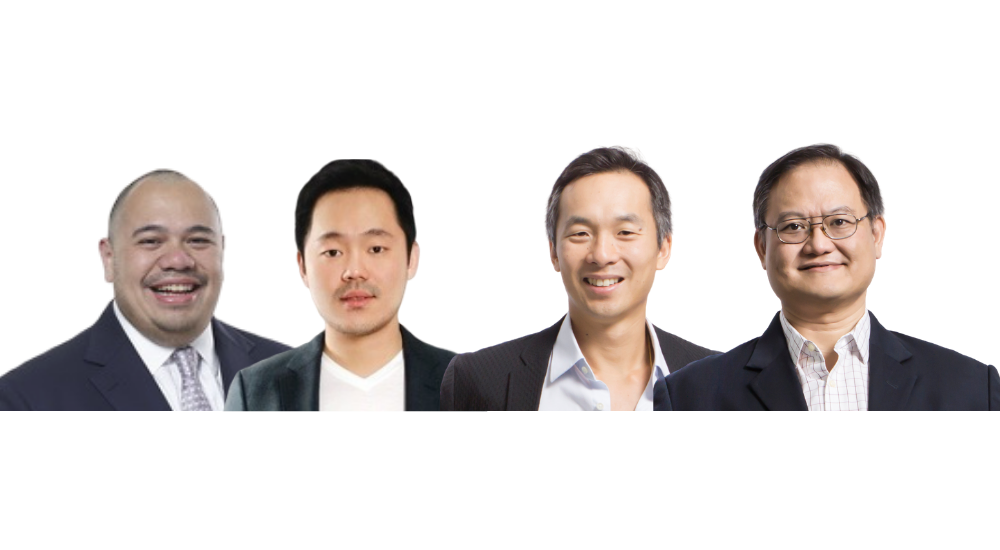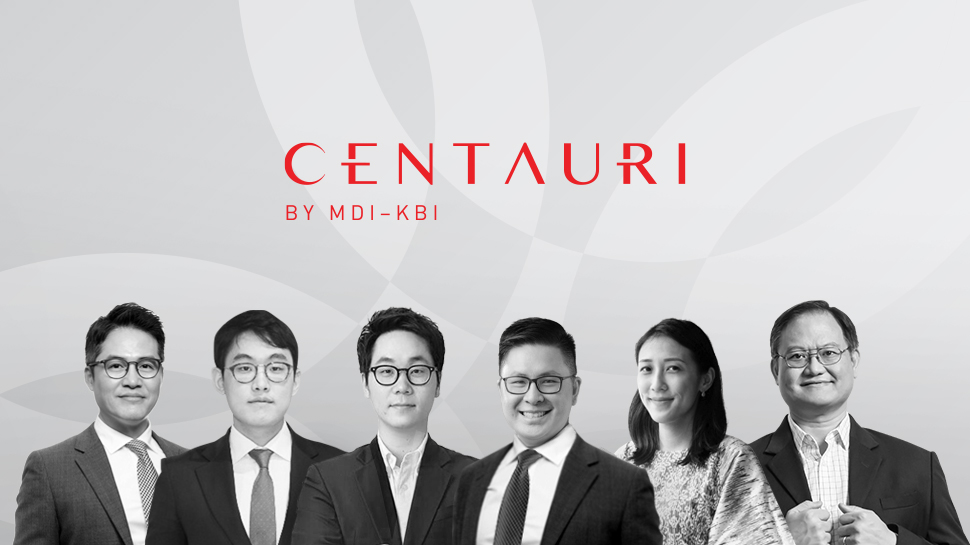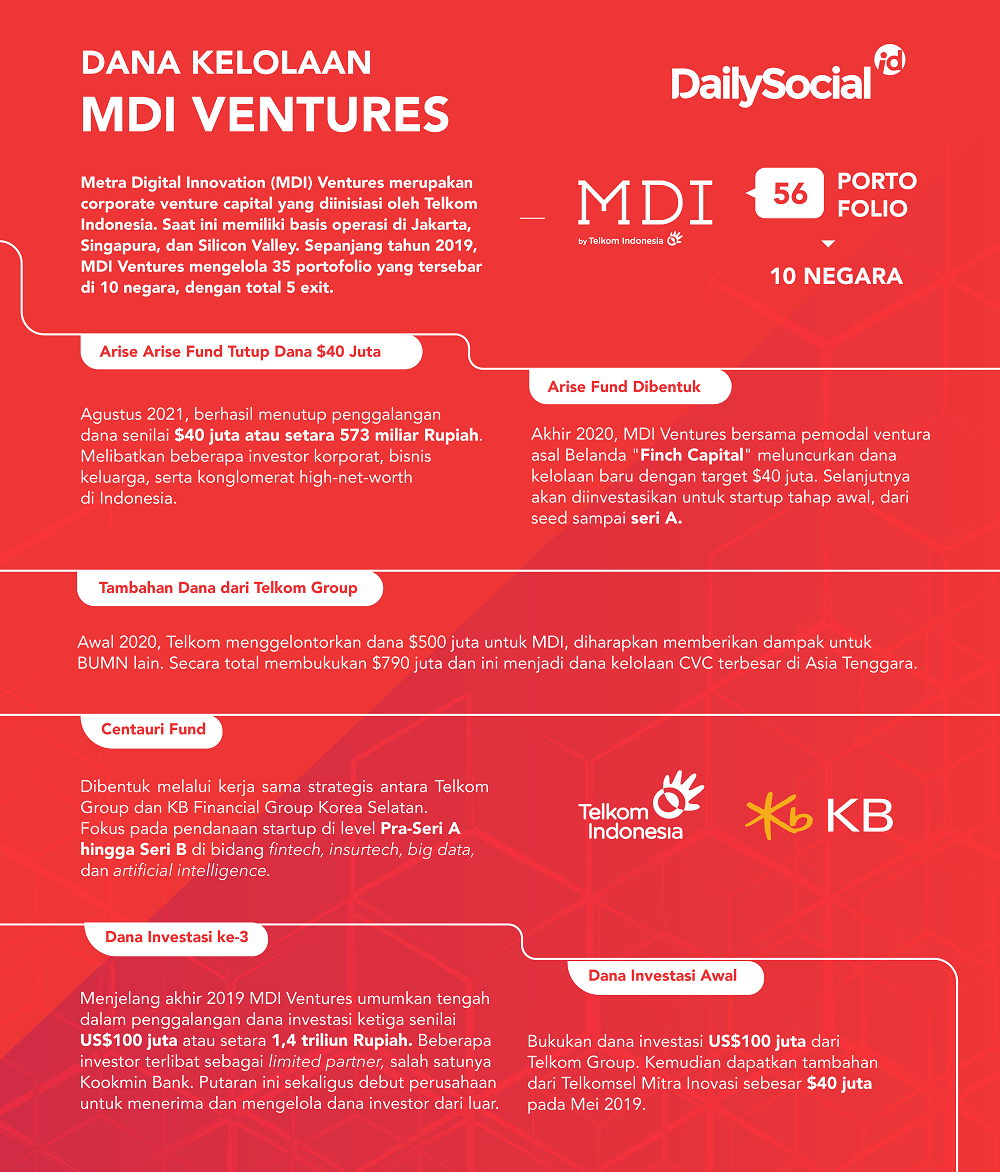Gibran Huzaifah was only a university student when he started a small business with a few catfish ponds. As the business grew, he managed to address several issues and find the opportunity to create solutions based on these problems. In 2013, Gibran, and Chrisna Aditya decided to execute their idea through eFishery.
The early days were quite challenging, the company needs to build the product, and introduce it, while simultaneously educating people about it. In order to achieve growth, eFishery must expand geographically, deploy teams on the ground, establish points, and build community centers. The approach feels more complex than it seems. They continuously and patiently nurture the market.
In the first half of 2023, the company announced that it has netted $200 million in Series D funding. It has entitled them to be Indonesia’s 15th unicorn and the first one in aquaculture or aquatech/fishtech. The company has transformed to be an all-in-one solution for the fish industry. They offer solutions from upstream to downstream, helping fish farmers to improve efficiency and effectiveness in their business.
DailySocial has an opportunity to discuss with the founder himself, Gibran Huzaifah, and absorb various insights. Our team has translates the interview below.
How do you see the Indonesian startup industry landscape today, compared to when you first founded eFishery?
When eFishery was founded in 2013, the startup industry was a real niche. It’s not even part of a public conversation. The competition was quite small and the players are very limited. The early unicorns were still in the early stage of funding. The VC industry was beginning to rise. Also, there were quite limited talents in the tech and digital industry.
In terms of aquaculture or fishtech, I think we’re the only player back then, even globally. Over the past ten years, there are more diverse innovations in this area, some worked and some failed. However, the ecosystem is getting mature nowadays, there are an estimated 50 to 60 players in the market, and each of them is still growing and offering various solutions in the fishtech industry.
Who was Gibran Huzaifah before eFishery? How was your first encounter with the startup industry?
I used to have catfish ponds, it’s a small business I started when I was a university student. In fact, I have no background in tech at all. However, I see the problem and the opportunity, and I discussed it with fellow business players in the industry. Then, the idea is finally come up and I decided to create the prototype myself, and it worked.
Also, the tech sector is rapidly growing at that time. There is some development in the consumer tech and inflection point. I used to create the prototype based on SMS with a Blackberry device. However, a year has changed many things. We used to only sell tech–based tools for fish cultivation until we finally see the huge potential and tried to ride the wave toward the tech solution.
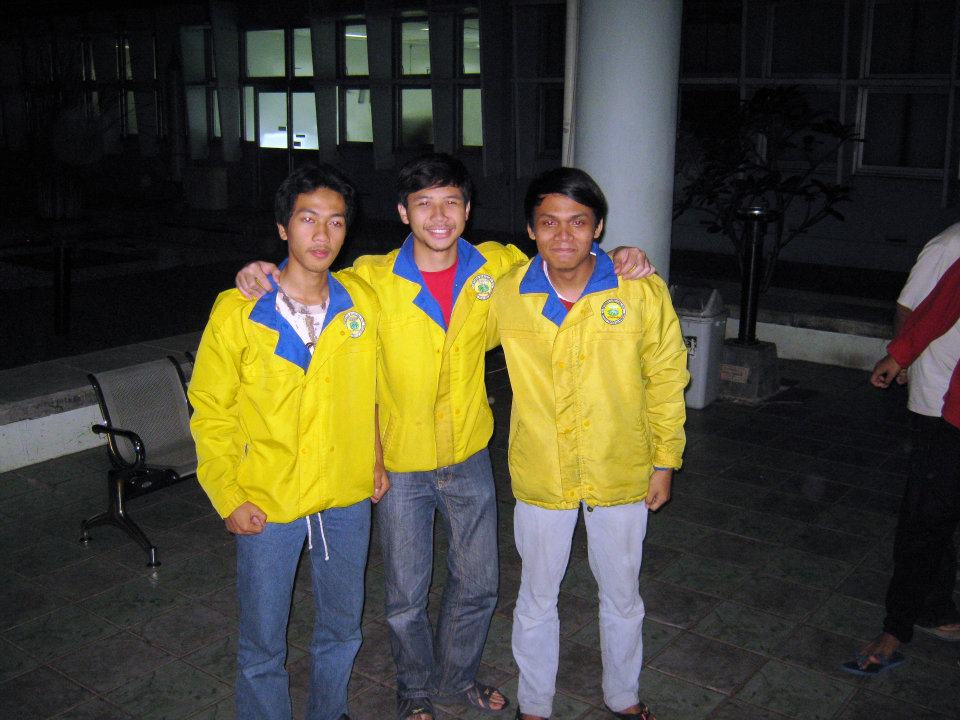
Have you always wanted to be an entrepreneur? What do you think is the most essential quality for entrepreneurs, especially in this digital era?
First, they need to start with the problem, make sure it’s big enough, and focus on how to solve it. If we start with the problem, there must be a solution that sticks and eventually grows. Second, a continuous learning mentality. As an entrepreneur, in this dynamic industry, there is a possibility that the company will outgrow its founder, it’s best if we can learn and grow faster in order to keep up.
In terms of leadership, we need to have a vision and make sure to build a team that aligns with it. The company’s growth doesn’t rely solely on the founders. The most important thing is to hire the right person, deliver understandable direction, and build a winning team.
What really inspired you to create eFishery? What makes you believe this could be a big thing then?
When I created eFishery, what I did was basically solve problems I knew from my experience in fish cultivation. I hadn’t thought much of the industry, but I do care about the community. We did market validation just to know how big is the potential market. What makes us consistent? Because we focused on the problems and built solutions that reflect them, then we see how big is the market.
At that time, we already know that Indonesia held the biggest potential fish market, however, we’re only listed second in production. In terms of the fish market, Indonesia has big potential, but when executed right, I say it can be the biggest. As we start with something that has the biggest innate potential, eventually it will get bigger.
I created eFishery knowing many people underestimated me. At that time, poultry or other agricultural products were seen as more promising. However, I see the industry not only for its current potential but in the long run. I have a vision that in the future, people will eventually shift from catching fish to cultivating it.
When you created eFishery, do you have any experience in the startup industry? What kind of challenges do you find hardest to overcome?
The most challenging time is in the early days, especially to acquire customers. They’re not familiar with automation, they didn’t even use a smartphone. The business wasn’t savvy back then. We spent about the first 3 to 4 years educating the market. People might see eFishery grow rapidly in the last three years because they didn’t see the early struggle. It takes patience and dedication to consistently educate the market for 7 years.
We build the product, introduce it, then educate people about it. In order to achieve growth, we must expand geographically, deploy teams on the ground, establish points, and build community centers. The approach is complex. The growth model is not as simple as creating a platform and advertising it. It is geographically and culturally challenging.
eFishery has officially become the latest Indonesian unicorn. How do you feel? Do you think this kind of status can boost the growth of your business?
Honestly, I’m not that excited about the status. In fact, the funding is more likely to be a milestone we can celebrate. There aren’t many startups that can make it up here, and we did it with consistent hard work, innovation, and growth. We’ve been trying to create something, and the growth is finally visible.
However, I always told my team to beware of distractions, as the spotlight can blind your eyes and prevent you from seeing clearly. Unicorn never was the point, never was the goal. Just because we achieve some kind of status that is considered important, we shouldn’t lose the sense of what is really important.
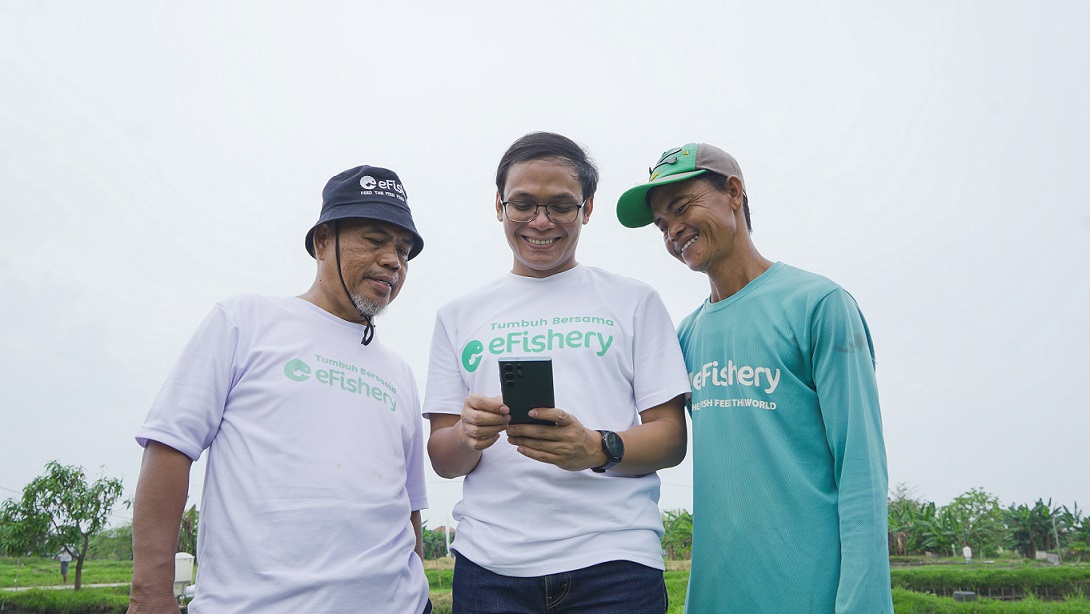
The status only represents the valuation, and valuation is not the real representation of the company’s value. When we talk about funding and potential partners, that is when I’m most excited. There are many things to elaborate on, possible things. We also have plans to pursue an IPO, which has become a milestone target for the next few years.
Let’s elaborate more about your plans with the funding. How would you expand eFishery’s ecosystem? And how do you think it is going to impact the whole agri/aquaculture industry?
First, we’ll be focusing on expanding our ecosystem. We currently have around 150 thousand farmers, and we’re targeting to reach 1 million by 2025. For 7 years we are already focused on the upstream, currently, we are developing a downstream market channel. We already have farmers, lock the supply, and now it’s time to expand downstream. We need to reach the downstream market and create bigger value for farmers, therefore improving their standard of living.
Aside from that, the company is looking to expand outside the country. We care to replicate what we are doing here in other countries, currently, we have eyes for India. The country has a similar market, although they are bigger for the shrimp market. The characteristics of its farmers are also similar, independent, semi-intensive, and small. What’s interesting is India’s market is more concentrated in one are while Indonesia is a country with thousands of islands.
I find that many experienced startup founders are shifting to the investment industry. Are you getting intrigued with the investment scene and will follow their lead?
Personally, I invest in the idea that I think I would do myself if my plate is empty. It’s not some kind of diversification from my current company, but I’d likely back certain ideas that I want to see the realization of its solution. The thing is, even though when eFishery is getting mature and I started to think about starting something new, I wouldn’t be a full-time investor. I will always be a founder.
As a founder, how do you see the tech winter has impacted the startup ecosystem?
Basically, there are things that triggered this tech winter, such as the surging interest rate. Macro economics become the scapegoat. Investors might prefer lending money that invest to companies with high returns but also high risk. However, the root cause is somehow the unsustainable growth of the business, distracted by different metrics, and many growth models turn out to be short-term. Therefore, the fundamental values are nowhere to be seen.
In the near future, when you have time to start something new, what do you think will be the next big thing?
I’m definitely biased. Agriculture becomes the first thing on my list since its problem is still very huge, also its solutions. When we have the right business model and product, the agriculture business can be a big thing. In general, there are also many things to do from upstream to downstream.
I also see some problems that maybe should’ve been solved by the government but it didn’t optimize. For example, there are some companies in waste management that are getting the spotlight. Also, there are emerging ideas that can draw interest in Indonesia, such as carbon credit. I think it can partly solve the environment and social local problems. Also, MSMEs are still a big issue, as no sustainable growth models that focused on the real problem are being developed to date.
